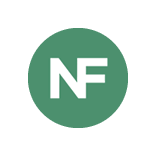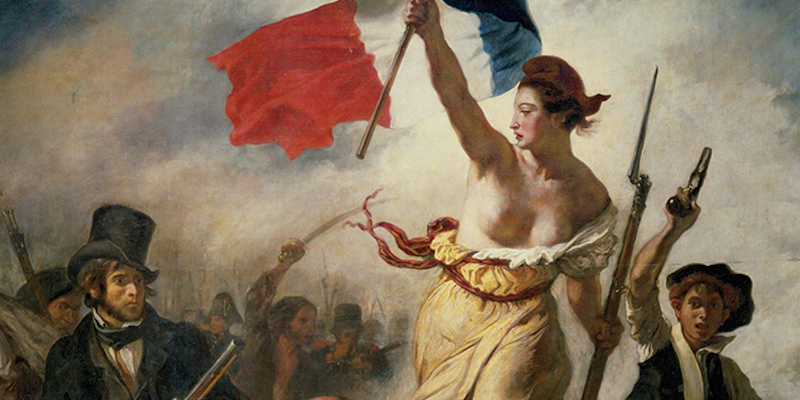Positive freedom and negative freedom, two concepts that Isaiah Berlin defended in his influential 1958 essay when he was Professor of Social and Political Theory at the University of Oxford and that would henceforth be fundamental ideas for the understanding of freedom. Negative freedom lies in the absence of external coercion, in the ability of an individual to act as they see fit and with total autonomy, on the other hand, positive freedom states that every person must have the ability to be the owner of their will and to determine their own actions, their destiny.
The negative freedom of an individual refers to the fact that he is “allowed” to exercise his will, while the positive freedom refers to the fact that he “can” exercise it.
The system of laws establishes rules that mainly restrict the negative freedom of people in order to preserve their positive freedoms or the negative freedoms of others. Isaiah Berlin himself is a skeptical thinker about positive liberty, advocating the incompatibility of the two liberties, while other liberal thinkers, including one of his disciples, John N. Gray, advocate the compatibility of the two liberties.
For the defenders of negative freedom, a person can be said to be free if no one coerces or interferes. This freedom is commonly attributed to individual persons.
For the defenders of positive freedom, a person is free if he has conditions, options and possibilities of action. This kind of freedom is commonly attributed to collectivities.
What Liberalism Advocates
Liberalism assumes negative freedom as a necessary condition to preserve positive freedom. Gerald McCallum, in his book Negative and Positive Freedom of 1967, defends this idea by proposing a triadic scheme to establish a mediation between these two types of freedoms: actor X is free, with respect to actor Y, to do or be Z. The part “regarding actor Y” refers to the context of respect not to harm the freedom of the other, that is, the most basic concept of freedom: being able to develop my life project without causing harm to other individuals.
Liberal anti-fraud activity
Let us put the following example on the matter and determine how it is analyzed under each concept of negative and positive freedom:
- An individual, owner of the ACME company, lives under a government that through its laws prevents him from monitoring the corporate activity of his employees as long as it is related to personal data. As long as he has to obey a set of rules, he is not negatively free. However, that government provides mechanisms that allow the owner, through a court order, to access the data, so a defender of the idea of positive freedom might be inclined to say that he is positively free.
Liberal thought, through the triadic mediation scheme, would grant the owner of the ACME company the negative freedom to access the data (actor X is free) of his company, prior agreement with the collaborator, (with respect to actor Y ) for the care of his private property (to do or be Z), making the situation compatible with the positive freedom of actor Y to leave the ACME company, or directly decide not to sign an employment contract, if he does not agree with its mechanisms protection and care.
How are some governments currently attempting against negative freedom (individual) in favor of positive freedom (collective) following the raised anti-fraud theme?, preventing actor Y from establishing private agreements with actor X, which allow the latter to take care of the property in exchange for putting limits on the actor AND his privacy and intimacy in that corporate environment, since the law establishes that partially or totally renouncing those rights in a private agreement would be an act vitiated by absolute nullity.
Thoughts
Do you think that the perpetrator is protected by the legal system by preventing negative and positive freedoms from being compatible? How do you think our society would improve by allowing the triadic coexistence of both freedoms?
References
(Gerald McCallum, 1967) Negative and Positive Freedom.
About NOFRAUD
NOFRAUD is the company that develops The Fraud Explorer anti-fraud software and supports individuals and companies to face and solve their challenges regarding internal fraud, corruption and corporate abuse. NOFRAUD has created the largest behavioral database of dishonest acts in the world in Spanish and English, which is used by artificial intelligence to find suspicious patterns of corruption within organizations.

We enhance the ability of organizations to increase their profits by removing the possibility for perpetrators to negatively affect revenues through fraud, corruption, corporate abuse and the creation of toxic environments.
Contact me at » jrios@nofraud.la and Visit our site » www.nofraud.la.





